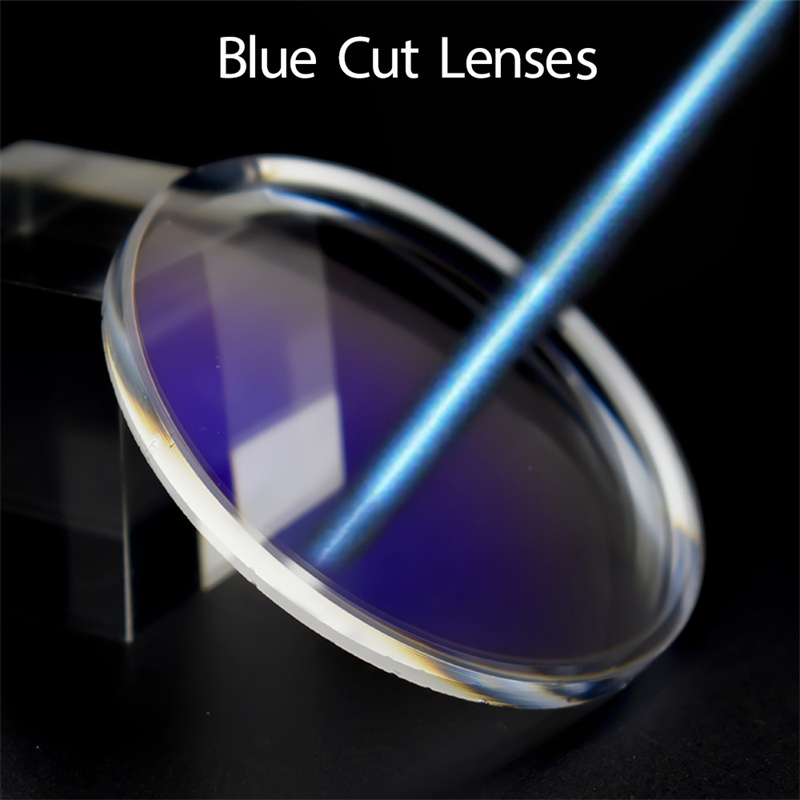After almost five years with my current reading glasses, I’m beginning to have some struggles in low light and with small type. For the long-term strength of my vision, is it better to switch to a higher magnification now or hang on with current level as long as I can?
For this answer, I consulted Dr. Gabriel Pardo, a neuro-ophthalmologist and director of the Multiple Sclerosis Center of Excellence at the Oklahoma Medical Research Foundation. Here’s what Dr. Pardo said: Single Vision Eyeglasses

Oh, the inevitable passing of time!
As we age, the lens inside our eyes loses elasticity. Along with the cornea, the lens bends the light reflected from objects to project them on the retina. From there, the light is forwarded to the back of the brain, where we ultimately "see" an image.
The cornea has a fixed shape, but the lens is flexible, allowing us to focus on different distances. The slow loss of elasticity in the lens causes the gradual decrease in our ability to focus on nearby objects.
This phenomenon is named presbyopia, from Greek for "old eye.” It starts in the early to mid-40s, when most of us do not consider ourselves old. It is complete by age 65, when the lens can no longer change its shape at all.
We can compensate for the progressive inability of the lens to shift shape by using external lenses, often called "readers.” The power of these lenses will increase as the lenses in our eyes lose their elasticity.
These external lenses do not have a direct effect on the eye lens itself, as they merely pre-refract the light. So, while sticking with your current readers might help with arm-stretching exercises (as you’ll need to hold items farther away to read them), any delay in getting more powerful readers will only make your reading more difficult. It will not slow your presbyopia.

Photochromic Light Adaptive Lenses McEver, a physician-scientist, is vice president of research at the Oklahoma Medical Research Foundation. Cohen is a marathoner and OMRF’s senior vice president and general counsel. Submit your health questions for them to contact@omrf.org.